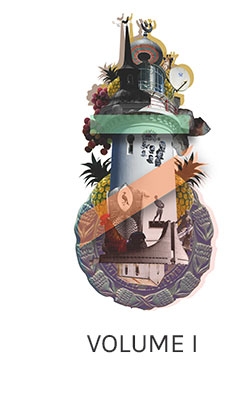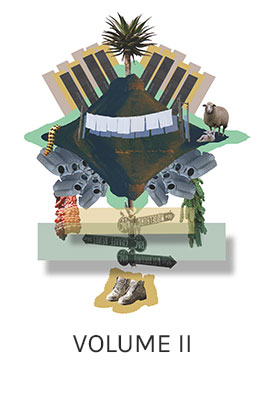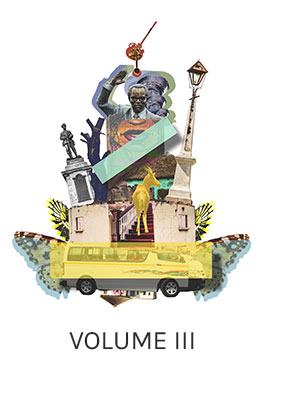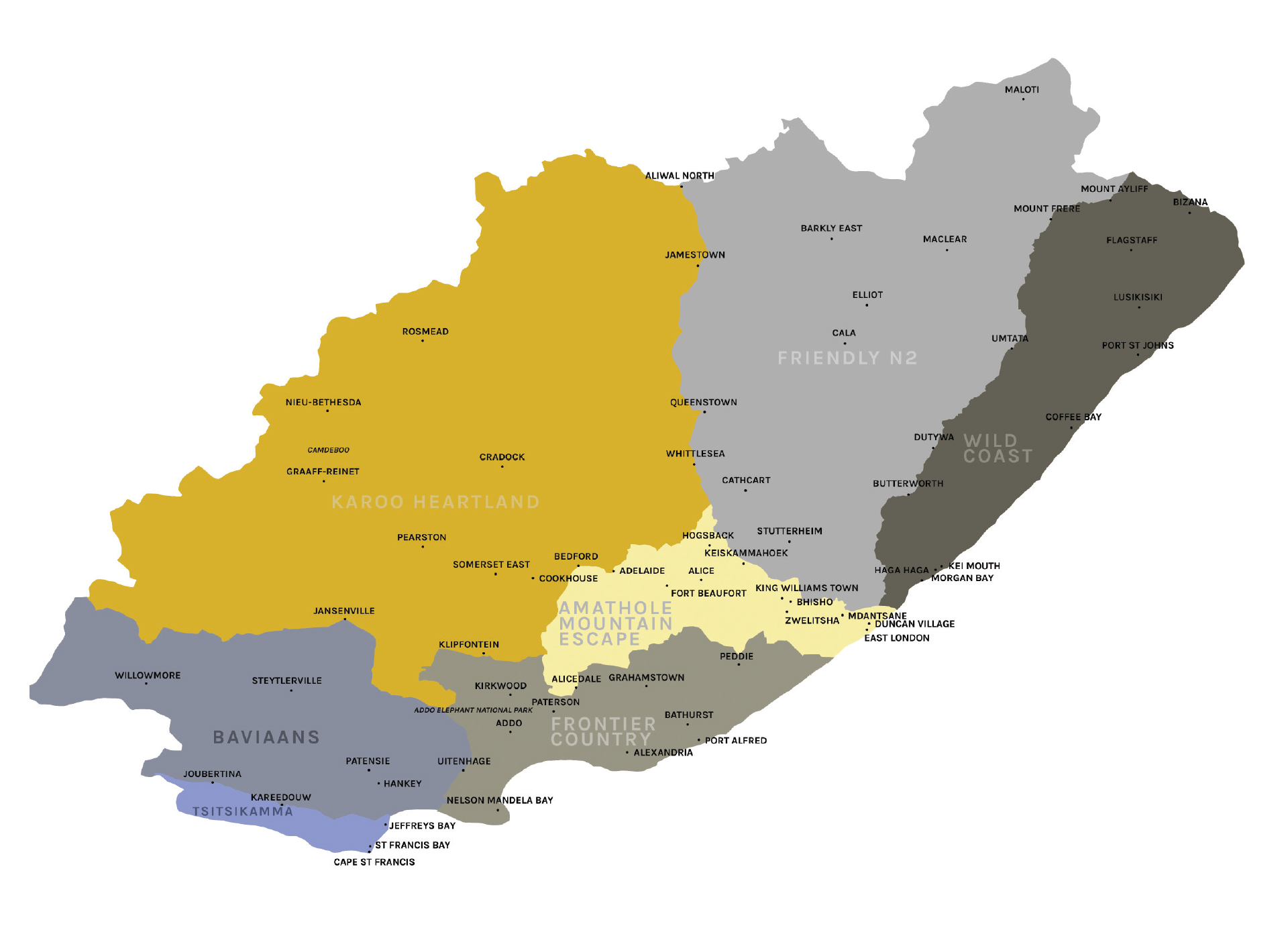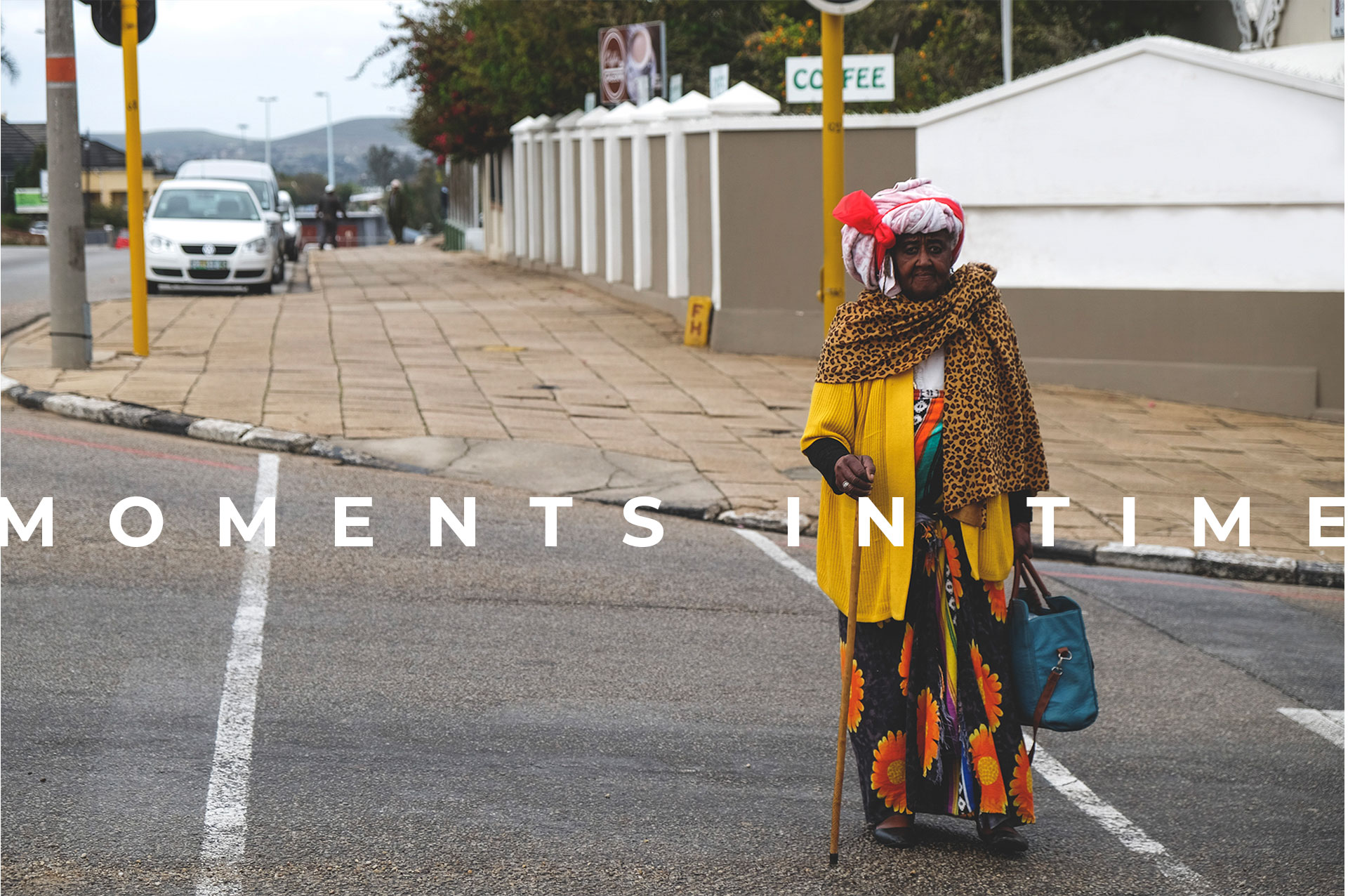
A group of fellow travellers and narrators harnessed global icon names and values as they traversed the length and breadth of the Eastern Cape to uncover its rich histories, stories of resilience, cultures, cherished sayings and remembered songs. While travelling, the group encountered diverse heritages, from the legacy of wars spanning over 100 years, to the pure beauty of the province in topography, nature, and culture.The Eastern Cape offers a good example of the triumph and creativity of the human spirit in Africa. The trip was as much an adventure into space as it was into the deeper self. A lot of things about it make for good opportunities for reflection. It took the form of a minibus ride with a diverse group of people, whose emotions, comments, and varied reactions make the experience more thrilling. These volumes share the insider view of the heritage of this province. Exquisite, touching, emotional, inspirational, informative, tear-jerking, and amusing, are just some of the descriptions that best capture what a journey through the cities and small towns in the province was. We hope you enjoy this journey with us and emerge from this dreamlike place knowing more about the people, places, history, and heritage of South Africa.
What is heritage? And what do we mean by a liberation heritage? Heritage is sometimes described as a gift or legacy from the past. In the 1970s, academics thought that it was an uncomplicated gift, something that one passes from one generation to the next. Recently, it has become clear that heritage can be cultural capital. In South Africa and other parts of the world, we see that the powerful often determine what heritage is. Indeed, UNESCO’s earlier stance on heritage definition and management indicates that heritage was largely tangible (that is, consisting of monuments and sites) and it was to be found mostly in Europe and North America. Today we know that there is an abundant intangible cultural heritage in Africa and other parts of the world. The intangible heritage that we speak of consists of music, idioms, language, poems, food, ritual practice, belief systems and aesthetic or artistic expression. These three volumes showcase the rich diversity of tangible and intangible cultural heritage in the Eastern Cape Province of South Africa. Given that we are living in a post-apartheid country, these three volumes necessarily speak to the overarching theme of liberation. Who were the Eastern Cape’s major activists? Which locales speak to the nation’s overcoming in the face of apartheid? Which little-known songs and sayings articulate the resilience and creativity of the people living here?
Our fellow travellers and narrators on this journey are a group of arts and humanities students from Nelson Mandela University. Harnessing this global icon’s name and values, they traversed the length and breadth of the Eastern Cape to uncover its rich histories, stories of resilience, retained cultural practices, cherished sayings and remembered songs. We hope you enjoy this journey with us and emerge from this dreamlike place knowing more about the people, places, history and heritage of South Africa.

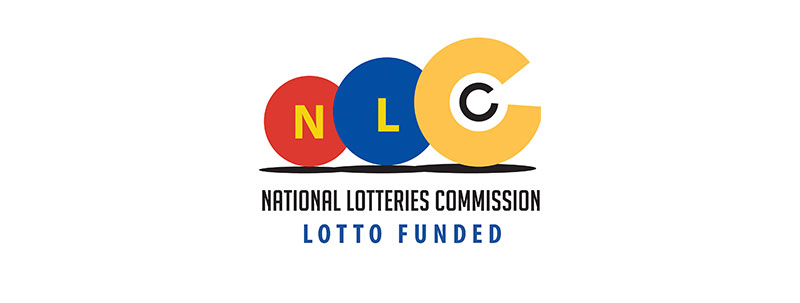
© 2017, Nelson Mandela University
ISBN- 978-1-920508-86-9
The Faculty of Arts at Nelson Mandela University is a vibrant, imaginative and socially engaged space and place, in which a diversity of interesting and valuable qualifications are offered in four interdisciplinary schools: Music, Art and Design; Architecture; Government and Social Sciences and Language, Media and Culture.
Professor Rose Boswell, Executive Dean: Faculty of Arts
Contact information:
Ms Drucilla Nzioki
Manager: Faculty Administration
+27415043252
Drucilla.Nzioki@mandela.ac.za
Ncedisa Mtise
PA to the Dean
+27415042187
Ncedisa.Mtise@mandela.ac.za
Nelson Mandela University
University Way, Summerstrand
Port Elizabeth, Eastern Cape, South Africa
The project was funded by the National Lotteries Commission (NLC) who rely on funds from the proceeds of the National Lottery. The Lotteries Act guides the way in which NLC funding may be allocated. The intention of NLC funding is to make a difference to the lives of all South Africans, especially those more vulnerable and to improve the sustainability of the beneficiary organisations. Available funds are distributed to registered and qualifying non-profit organisations in the fields of charities; arts, culture and national heritage; and sport and recreation. By placing its emphasis on areas of greatest need and potential, the NLC contributes to South Africa’s development.
Block D, Hatfield Gardens, 333 Grosvenor Street
Hatfield, Pretoria, 0083
+27124321300
www.nlcsa.org.za
